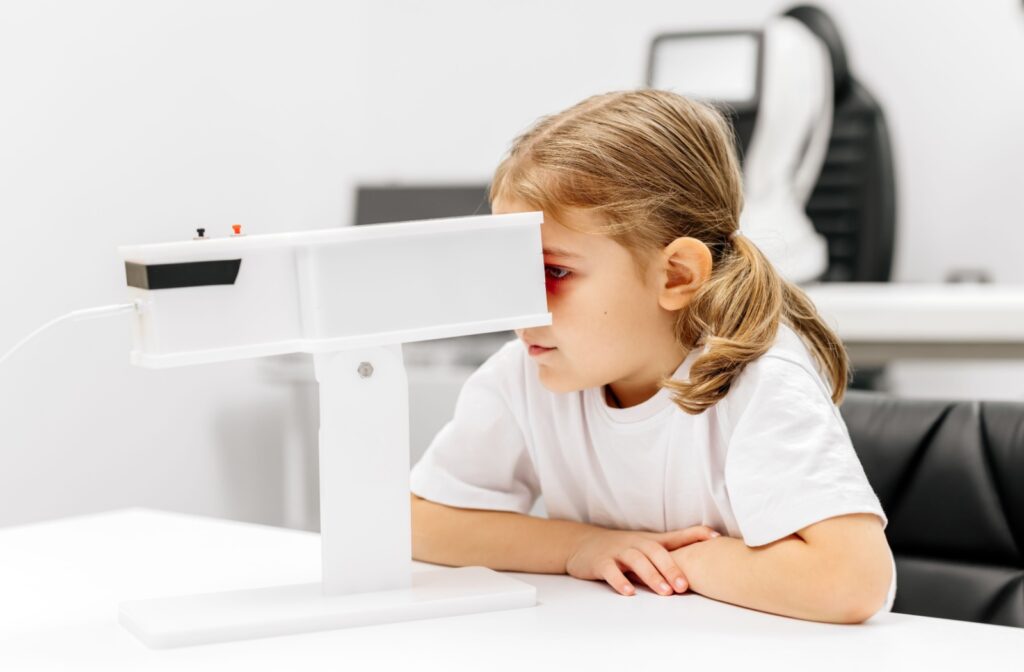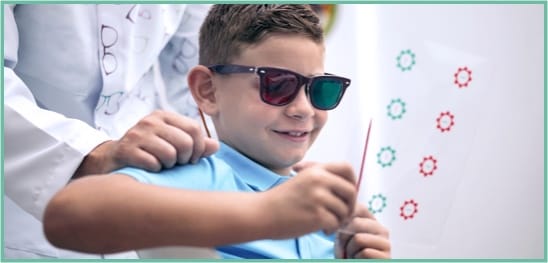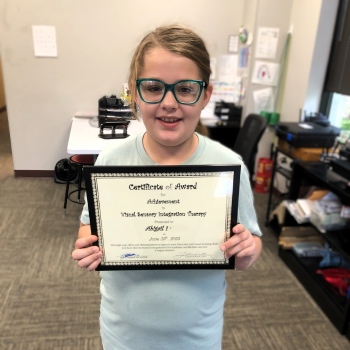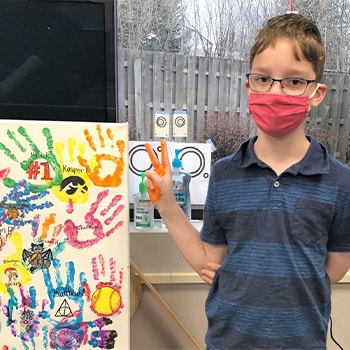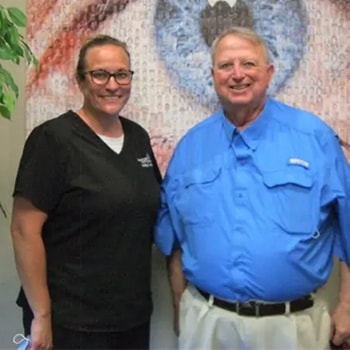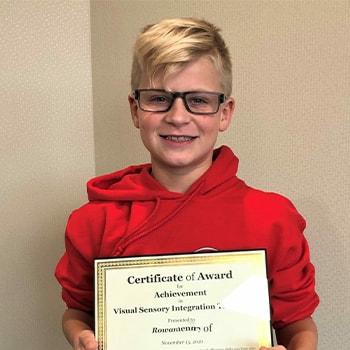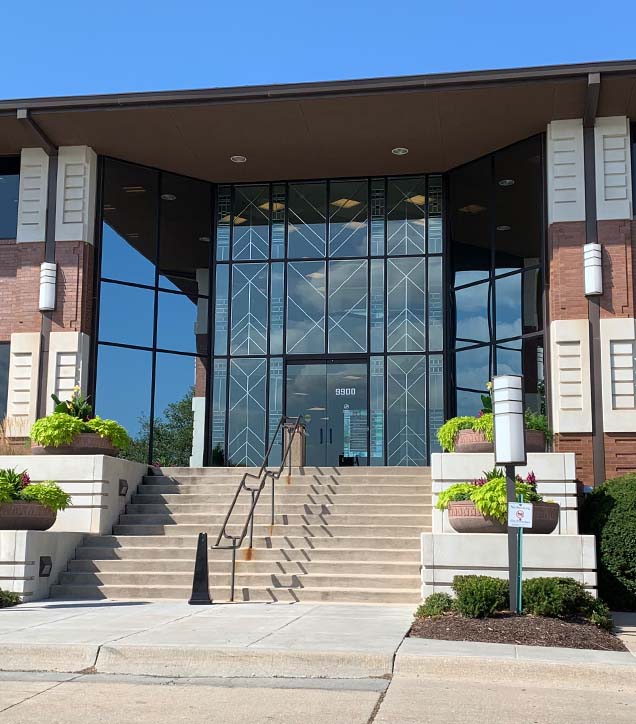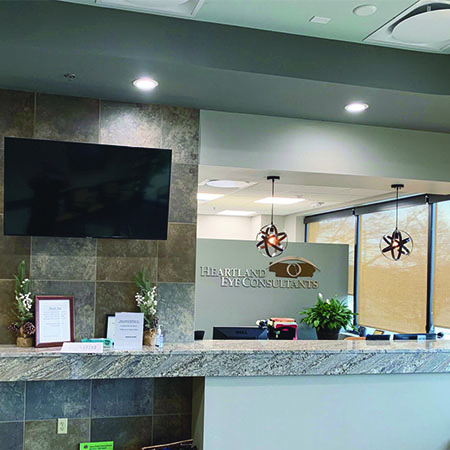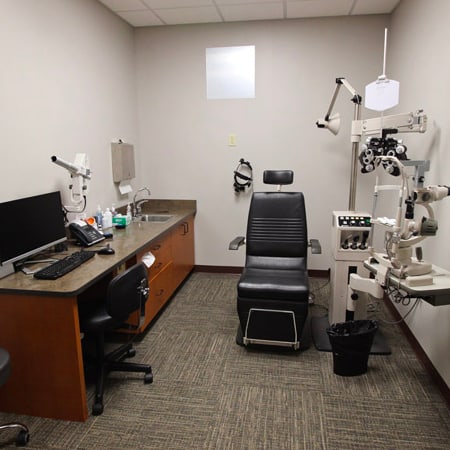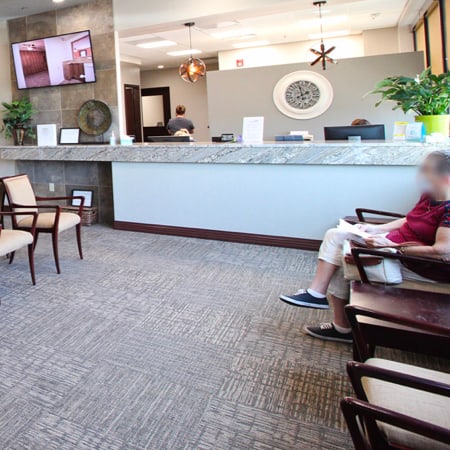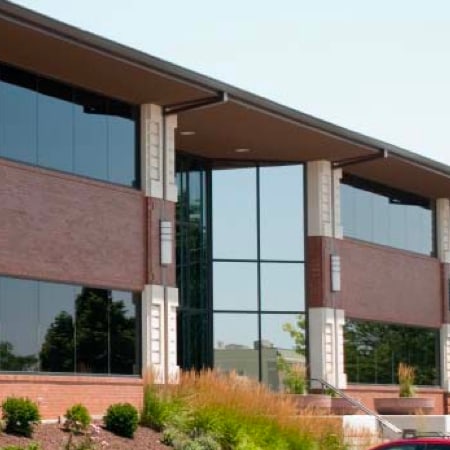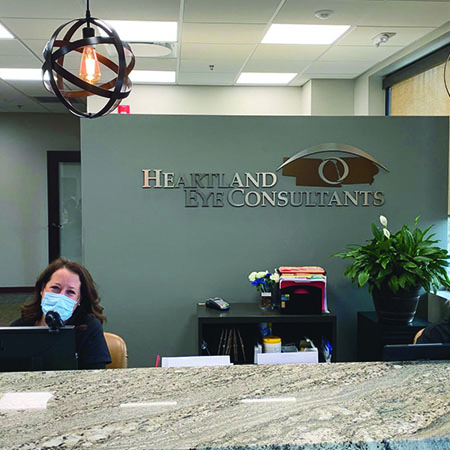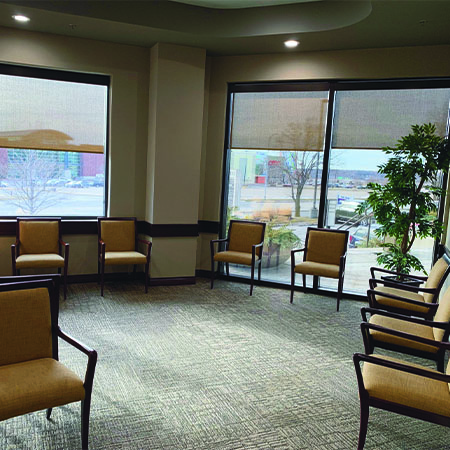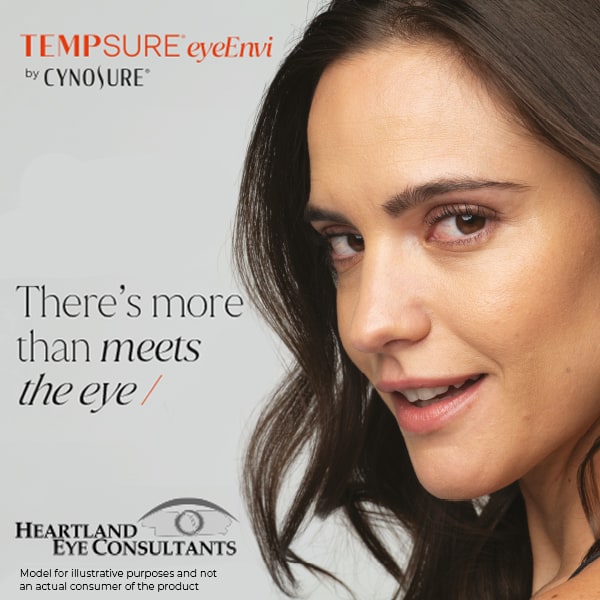Vision problems aren’t always about clarity. They often involve how well your eyes and brain work as a team. When this connection is disrupted, it can affect reading, focus, coordination, and even confidence.
Vision therapy strengthens the connection between your eyes and brain by teaching them to work together more efficiently, helping improve daily performance and quality of life. Whether the cause is developmental or the result of injury, improving visual function starts with treating the system as a whole.
What is Vision Therapy?
Vision therapy is a personalized, non-surgical treatment supervised by Optometrists that aims to improve the performance of the visual system. Unlike glasses or contact lenses, which correct optical clarity, vision therapy focuses on the functional relationship between your eyes and brain.
Through a series of exercises and techniques, vision therapy trains your visual system to work more efficiently. It is often recommended to treat visual issues such as:
- Strabismus (eye alignment problems).
- Amblyopia (lazy eye).
- Binocular vision dysfunction.
- Reading and learning-related vision challenges.
- Vision issues following brain injuries or concussions.
- Symptoms of visual stress such as headaches, eye strain, and eye fatigue.
Vision therapy plans are customized to target each patient’s unique needs.
The Eye & Brain Partnership
Your eyes do not work in isolation. They collect data and send it to the brain, where it’s processed into meaningful images. If a breakdown occurs in this partnership, this can lead to symptoms such as headaches, fatigue, blurry vision, or difficulty concentrating. Vision therapy aims to close these gaps by retraining the brain to process visual information more effectively.
For example, children struggling with reading comprehension may experience eye-tracking issues, making it difficult for their eyes to follow text in a straight line.
Vision therapy can help improve tracking skills, enhancing their reading ability and confidence. Similarly, athletes rely heavily on their brain-eye coordination to react quickly and accurately in their sports, making this therapy immensely valuable for improving response times.
Benefits of Vision Therapy
Here are a few of the potential benefits of vision therapy:
Improve Academic & Professional Performance
Many individuals, from children to adults, face difficulty concentrating due to hidden vision problems. Vision therapy helps address these challenges, improving focus and reducing fatigue. The result can often be improved academic achievements or increased workplace productivity.
Restores Confidence
Vision issues often affect self-esteem, particularly in children. Strabismus or amblyopia can influence how they see themselves and interact with others. Vision therapy can help empower patients by improving eye alignment and coordination, making daily tasks easier, and restoring confidence.
Aids Post-Injury Rehabilitation
Traumatic brain injuries, strokes, and concussions can disrupt your visual system. Vision therapy plays a role in neuro-rehabilitation by retraining the brain, helping patients regain lost abilities and independence.
Improves Sports Performance
Many athletes benefit from vision therapy designed to improve reaction times, peripheral awareness, and depth perception. Training the eyes and brain to collaborate effectively can offer an advantage on the field or court.
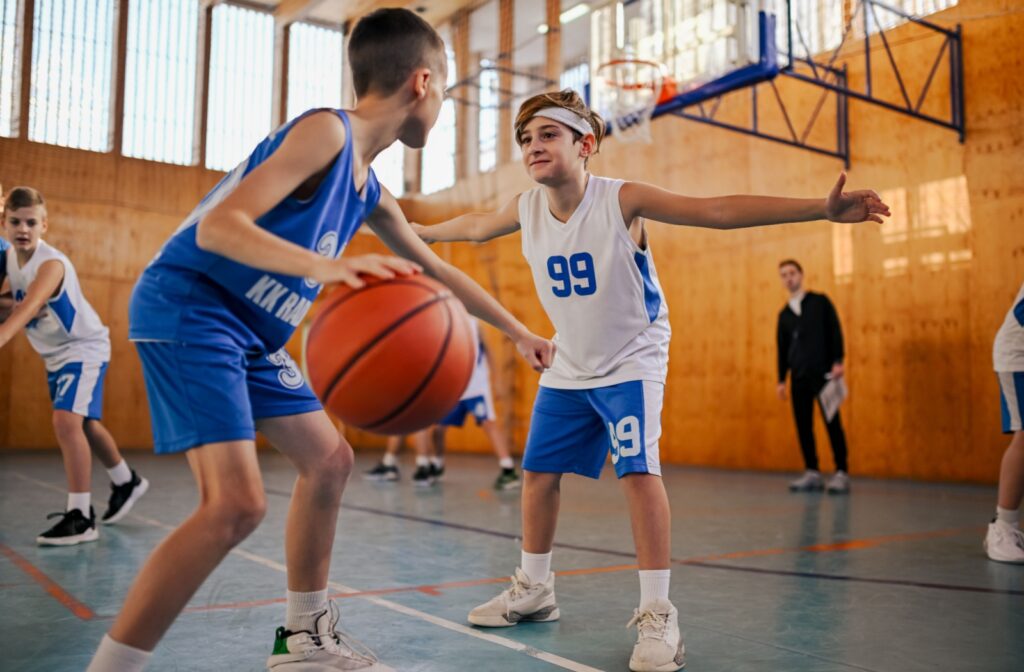
How Vision Therapy Works?
At Heartland Eye Consultants, we use technology and tailored programs to guide patients through effective vision therapy. Here’s a general outline of what our programs may include:
Comprehensive Assessment
We start with a thorough evaluation of your visual abilities. Using diagnostic tools, we assess your eye tracking, focusing, alignment, and visual perceptual skills to determine the root cause of your challenges.
Customized Treatment Plan
Every patient receives a personalized therapy plan designed to address their specific visual needs and goals. This plan may include:
- Eye tracking, eye teaming, focusing exercises.
- Balance and general coordination activities.
- Visual perceptual training to improve reaction time and visual memory.
Therapy is conducted under professional supervision to support steady progress, make real-time adjustments, and focus on long-term results.
Ongoing Support
Vision therapy requires commitment. Our team offers continuous support to monitor your progress and adjust your treatment plan as needed. We’re here to make the process as smooth and effective as possible.
Who Can Benefit From Vision Therapy?
Vision therapy isn’t just for children. While it’s often associated with developmental vision challenges in young patients, people of all ages can benefit.
Adults experiencing visual fatigue from screen use, recovering from traumatic brain injuries, or struggling with depth perception may find meaningful improvements through therapy.
Even seniors managing age-related visual changes can benefit from improved visual processing and coordination. Vision therapy is highly adaptable, making it a potential solution for a wide range of patients, whether the goal is to support learning, regain independence, or simply reduce strain in daily life.
Take the First Step Towards Improved Vision
At Heartland Eye Consultants, we’re dedicated to helping you achieve visual success. Whether it’s overcoming a specific challenge or simply improving your quality of life, we’re here to guide you. If you or someone you love could benefit from vision therapy, don’t wait. Contact us today to schedule a consultation and begin your journey toward stronger eye-brain connections.


